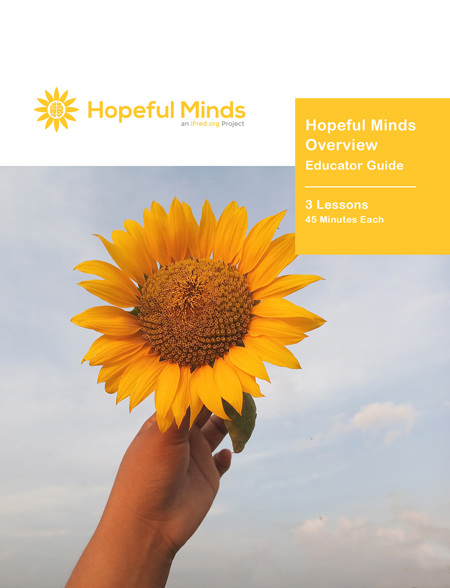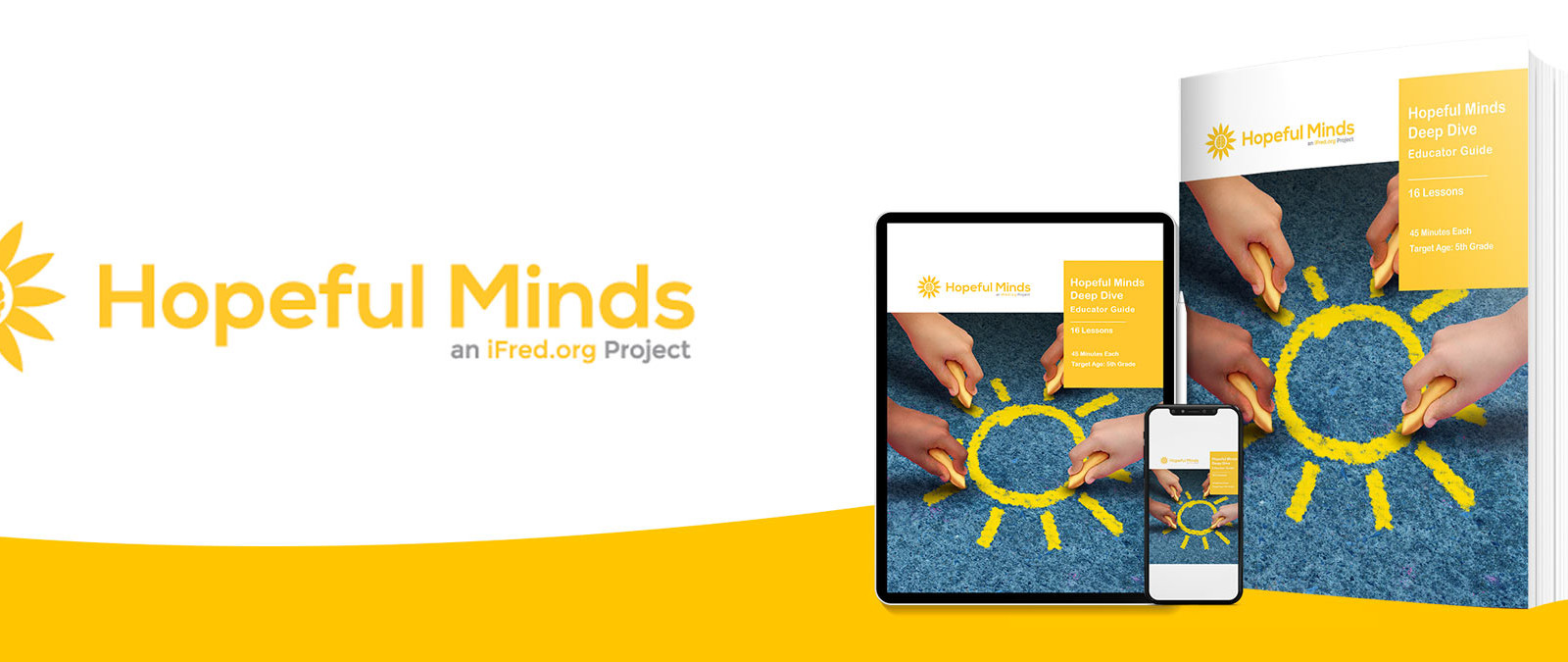In the midst of a global pandemic and social unrest, hopelessness is at an all-time high. If you are like me, you’re feeling the effects of the last year and looking for ways to continue to harness mental fortitude for the days ahead. Hopelessness in 2020 seemed to be at an all-time high.
That is why I spent my year updating Hopeful Minds, a free global program that teaches hope as a skill. Not only do the Hopeful Minds resources teach the “how-to” of hope; they also introduce the easy skills you can implement in your life to improve your hopeful mindset, especially when faced with adversity.
If you currently have a strong hopeful mindset, the Hopeful Minds resources also show you how to teach others how to create, maintain, and grow hope themselves. Hope isn’t just about ourselves; it is about lifting up humanity and finding ways to collectively thrive. We must use the lens of hope to solve all of what ails us and keep moving forward no matter what life brings our way.
The Hopeful Minds curriculums are based on hope theory informed by researchers worldwide. Hope impacts all outcomes in life, including academic achievement, athletic performance, health, and resilience. Lack of hope also predicts numerous negative life outcomes, such as addiction, violence, anxiety, and depression. For more information about the benefits of hope, visit www.hopefulminds.org/hope-research. We believe that hope is a human right, and offer all of our curriculums and resources free for download at www.hopefulminds.org/curriculum. Paperback versions of all of our curriculums and hopework books are also available for purchase on Amazon or wholesale at Ingram Content Group. When you purchase any of the curriculums, 100% of your purchase profits go directly to iFred, a 501(c)(3), and the Hopeful Minds program.
The current Hopeful Minds curriculums include:

- Hopeful Minds Overview Educator Guide: Three, one-hour lessons that introduce the “what,” “why,” and “how” of hope.


